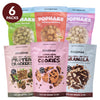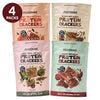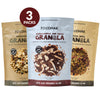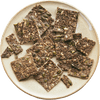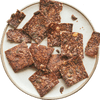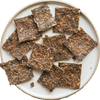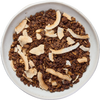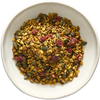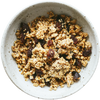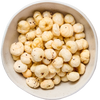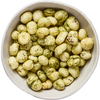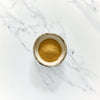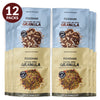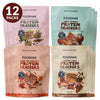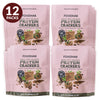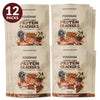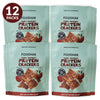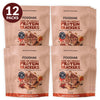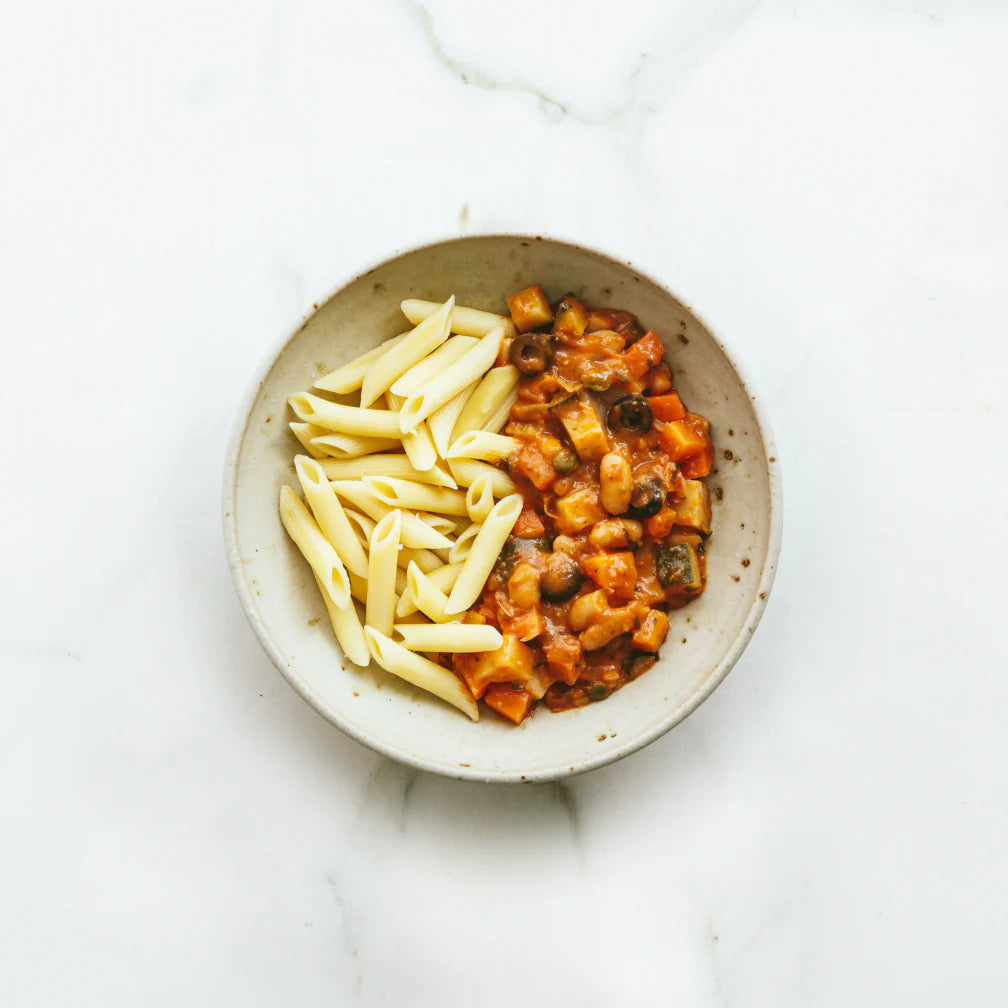
Does Mediterranean Diet Helps in Anti Inflammation ?
Reviewed By : Michele Porter - Nutritionist
The traditional foods of Greece, Italy, and other nations bordering the Mediterranean Sea are the foundation of the Mediterranean diet, which is an eating plan. The basis of Mediterranean food is composed primarily of plant-based foods, such as whole grains, vegetables, legumes, fruits, nuts, seeds, herbs, and spices. Eating plant-based foods high in antioxidant-rich vitamins, polyphenols, which have anti-inflammatory and antioxidant properties, and healthy unsaturated fats is largely responsible for the many health benefits of the Mediterranean diet anti inflammatory help with inflammation Mediterranean style diet. This discussion will bring us to our new question. Is the Mediterranean diet the sole answer to anti-inflammation? Let’s find out the answer.
What does the term "anti-inflammation" mean?
Before plunging into the actual answer that we are seeking, let’s understand inflammation and anti-inflammation. Inflammation is a normal part of life—it helps us defend ourselves against invaders and heal from injury—the trouble begins when it goes into overdrive and develops into chronic inflammation. Cancer, heart disease, arthritis, and diabetes are a few conditions linked to chronic inflammation. Anti-inflammation refers to actions or substances that help inflammation subside and the good news is that adopting a Mediterranean diet can prevent chronic diseases linked to inflammation, reduce inflammation, and help manage weight (thanks to all the fibre from plants).
More about the Mediterranean diet
The Mediterranean diet is generally high in nutritious plant foods and relatively low in animal foods, with a focus on fish and seafood, even though there isn't a single, well-defined Mediterranean diet plan.
It may help regulate blood sugar levels, support heart health, improve brain function, and more due to its many health advantages. The Mediterranean diet's tenets can be modified to suit your needs. If you prefer whole wheat pasta and olive oil but dislike salmon and sardines, start constructing delectable Mediterranean-inspired meals with your favourite ingredients.
Some of the popular and best food items that can be included in your Mediterranean diet:
Foodhak offers plant-based, gluten-free ready-to-eat meals that are freshly prepared and supported by clinical evidence for their anti-inflammatory properties. It is also a kind of Ayurvedic diet that promotes the consumption of whole foods like fruits, vegetables, grains, and legumes. Due to the abundance of important nutrients in these foods, this can greatly improve your health. Additionally, processed foods, which frequently lack fibre and vital vitamins and minerals, are minimized in the diet.
According to studies, consuming more processed foods may increase your risk of developing heart disease, cancer, and even passing away. As a result, the Ayurvedic and other diets in Foodhak aid in preventing chronic illness and fostering better health.
How specifically does the Mediterranean diet combat inflammation?
According to Yale Medical School's Professor Morgan Levine, a person's chronological age and biological age can vary significantly. Your biological age decreases significantly when you follow a Mediterranean diet meal plan because it has an anti-inflammatory effect that keeps your blood vessels young for longer. However, it also lengthens the caps of your chromosomes, known as telomeres, at the same time. Other studies have shown that this can increase life expectancy by several years. A person can live longer and experience fewer diseases if their telomeres are longer.
This explains why a Mediterranean diet is so healthy because it lowers blood vessel inflammation, which delays artery hardening by preventing heart attacks and strokes. However, it also lengthens telomeres, increasing your life expectancy.
The Mediterranean diet as a means of reducing inflammation?
Let's start by saying that not all inflammatory reactions are bad. To survive, we actually depend on them. They are in charge of repairing tissue damage from wounds, abrasions, and other types of damage. So even a diet that is solely anti-inflammatory all the time would not be something we would want.
The issue is that the Standard American Diet (SAD), which is aptly named and is probably the worst of all, and many other highly industrialized western countries' regular diets tend to be very "inflammatory," containing high amounts of sugar (and starch) and plant seed oils with lots of Omega-6 fatty acids.
Omega-6 and sugar/glucose are both inert substances. Actually, the situation is more like "too much of a good thing." Over the course of millions of years, our bodies have evolved into sophisticated supermachines. These supermachines are extremely adept at managing a wide range of demanding circumstances, including starvation intervals, physical trauma, heat, cold, and infections, to name a few. They are much less adept at managing a single stressor for an extended period of time.
For a while, humans can thrive and even survive on almost any food source. or even going without food entirely. We do, however, eventually need variety. If glucose and omega-6 fats make up the majority of what we consume, our bodies will begin to exhibit inflammatory reactions even when they are not required. It's not good to have what we refer to as "chronic inflammation" or an "inflammatory condition."
Therefore, we should try to eat as many different natural foods as possible. Whether that is a "Mediterranean" diet, an "Asian" diet, or a “Paleo diet” doesn't really matter. as long as you have a wide variety of plant and animal sources.
Without nutritionists, personal trainers, and cookbooks, humans have managed to survive for hundreds of thousands of years. We instinctively understand how much and what foods our bodies require to work. like any other animal on the planet, in fact. Actually, I believe we would still be doing well if all foods were sold without colourful printed packaging or other forms of advertising as well as without artificial colours and flavourings.
Consistently consume a healthy diet if you want to lower inflammation levels. Consider the Mediterranean diet, which is rich in fruits, vegetables, nuts, whole grains, fish, and healthy oils, if you're looking for a diet that closely complies with the principles of anti-inflammatory eating.
Lastly, do not miss Foodhak products which can help you in the consumption of an anti-inflammation diet through its various products.
Also read: Anti Inflammatory Diet, Anti-Inflammatory Foods, Anti-inflammatory diet meal plan
